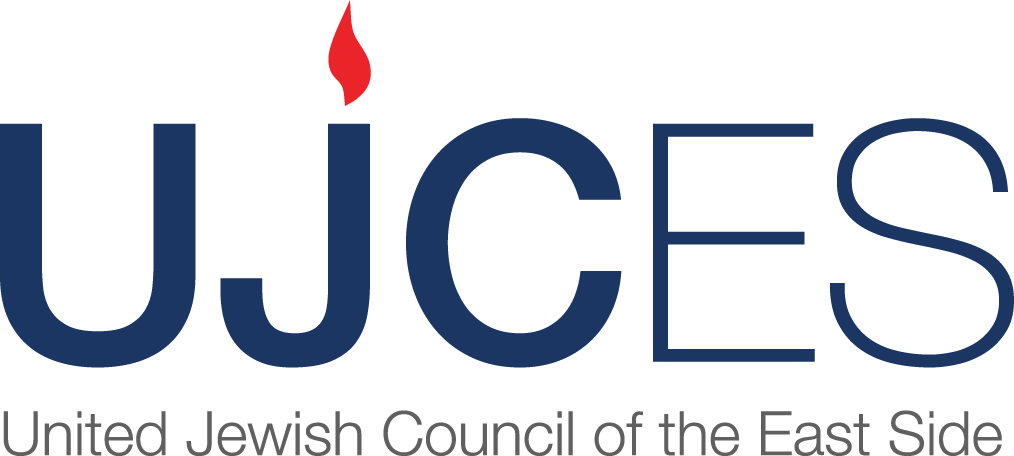What to Do if Someone You Know Is a Victim of Elder Abuse
“Elder abuse can come from anywhere and anyone: family, friends, neighbors and even home attendants. But it should not be tolerated in any situation. Unfortunately, many seniors who are in the care of someone else are vulnerable, and they don’t know their rights,” says Wanda Wysong, a trained psychologist on staff at UJCES.
Wysong points to the role of dementia in situations where someone experiences abuse. “Dementia can play a part in abuse as a caregiver can become frustrated and angry with seniors when memory lapses or behavior changes start to occur. Frustration leads to more stress for both individuals, and it’s common for a caregiver to lash out. Unfortunately, seniors can forget they've been abused, so they are not always reliable reporters,” says Wysong.
That’s why it’s even more important for witnesses of any types of mistreatment to ask for help.
Below is an overview of the different types of abuse that may occur. The situations are wide-ranging, so it’s helpful to be aware of the signs of abuse and how to get help for someone you care about.
Types of Elder Abuse
Physical
This can involve the obvious like hitting, pushing, shoving, but it can also involve things like throwing items or unnecessary roughness when a caregiver is aiding you with bathing, dressing or other types of personal care. Physical abuse can also include restraining someone by tying them to the bed or a chair.
The signs of physical abuse: Bruising, cuts, scrapes, bed sores, torn clothing
Emotional/Psychological
Includes verbal or physical threats, being yelled at, or made to feel stupid, incompetent through hurtful words. Another type of emotional abuse includes isolating someone, keeping them from seeing their friends or other family members.
The signs of emotional abuse: Unusual withdrawal, depression, anxiety, being nervous or agitated when someone is in proximity
Sexual
Cases of sexual abuse include making someone watch or participate in a sexual act against their will.
The signs of sexual abuse: Bruising or irritation around the genital area which may be evident in a person’s discomfort when they sit, lie down, or shift their body. Emotional withdrawal such as not talking as much, seeming discouraged, ashamed, depressed, anxious.
Financial
From stolen money and possessions to identity theft, financial exploitation of seniors is widespread. Those who can no longer manage their own finances are particularly vulnerable. It can include exploitation of credit cards, bank accounts, cash, and social security benefits without permission.
The signs of financial abuse: Receipt of bill payments being overdue, bank account balances lower than normal, credit card statements higher than normal, missing cash or personal property.
Know Your Rights
Because seniors often feel bad about having to rely on others for care, they tend to accept bad behavior without complaint. It’s understandable that they might have feelings of guilt, shame, or depression from losing their own ability to care for themselves. And in trying not to “bother” those taking care of them they remain silent. But silence is not the solution.
If you or someone you know may be a victim of abuse, UJCES is here to help. Contact us and one of our trained case managers will confidentially discuss your situation and determine the best resources available.
Adult Protective Services (APS) is a state-mandated program that helps New Yorkers who are physically and/or mentally impaired and unable to care for and protect themselves from physical, emotional, or financial abuse. APS can be reached at (212) 630-1853 or contact an office in one of the five boroughs. A complete list can be found here. You can also email apsrefer@hra.nyc.gov to report a case of abuse and an intake worker will contact you.

